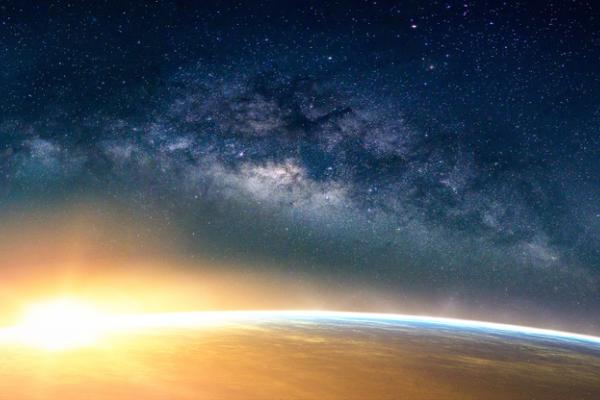Mar 19, 2019
So where can we find hope, and how can we actually move the needle on climate change? By doing three things: One, Americans should follow a moral compass, not a political one. Two, we must focus on bringing change locally. And three, religious leaders should lead the charge by imploring followers — in churches, synagogues, mosques, or temples — to see the moral and theological imperative of protecting all of God’s creation.
Read the Full Article

Already a subscriber? Login
